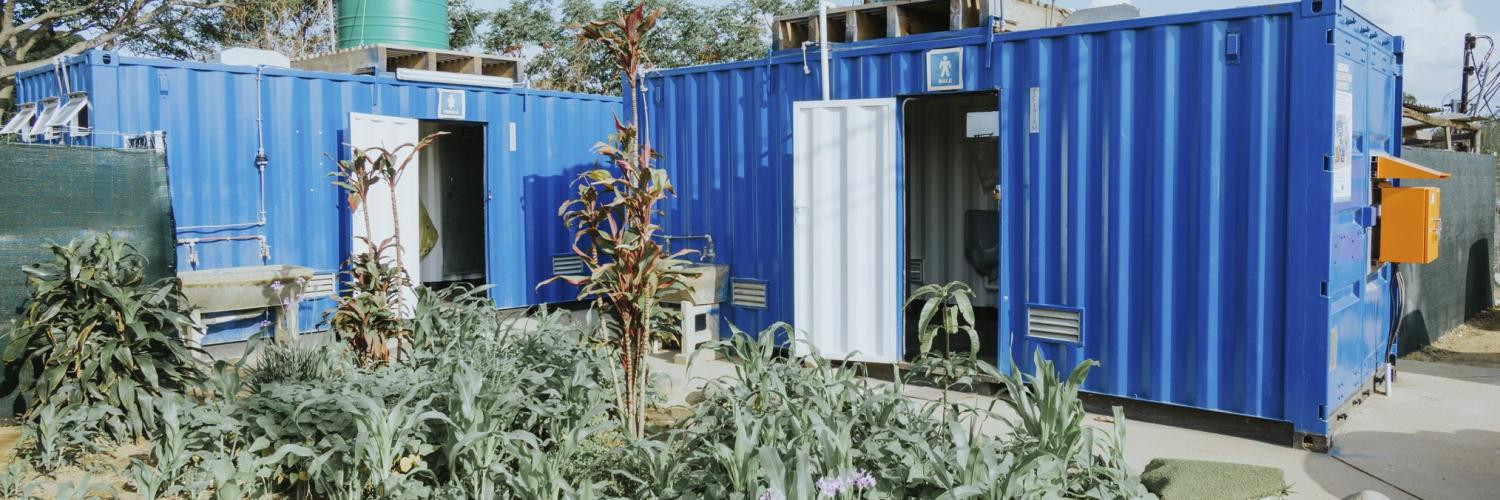The Bill & Melinda Gates Foundation launched the “Reinvent the Toilet Challenge” in 2011 to create innovative solutions for the now 3.6 billion people who do not have safely managed sanitation options. The challenge called for solutions that could operate "off the grid" without connections to water, sewer or electricity, and that could transform liquid and solid waste into valuable resources such as disinfected water and energy. The systems would also need to be affordable, operating on less than $.05 per person per day, and designed to be safe, attractive and easy to use.
Our team of engineers and researchers under the direction of Dr. Brian Stoner accepted the challenge. After several years of design, engineering, extensive laboratory testing, and valuable feedback from thousands of households to better understand cultural norms and preferences, the first prototype sanitation systems were tested in Ahmedabad, India, in 2016. One of the most important learnings from this first field deployment was that high water quality—not just safety—was absolutely critical to user adoption of these new technologies. This led to a redesigned system that was subsequently field-tested in Durban, South Africa, and Coimbatore, India.
Technologies emerging from WaSH-AID's research and engineering include the Reclaimer, a compact, scalable, onsite treatment system designed to rapidly treat wastewater to ISO 30500 liquid discharge standards, and ODY, a fully automated menstrual hygiene product disposal unit designed to provide solutions for women and girls who menstruate and decrease environmental waste. Both technologies were presented at the 2018 Reinvented Toilet Expo in Beijing. The Reclaimer technology has since been licensed by a company in India and demonstration projects are planned for 2024-2025.
WaSH-AID was also a partner in the Generation 2 Reinvented Toilet (G2RT) initiative led by Georgia Tech, a highly coordinated effort among several research institutions and companies to close the remaining technical gaps in reinvented toilet technology and rapidly deploy complete prototype systems to multiple countries. LIXIL became

